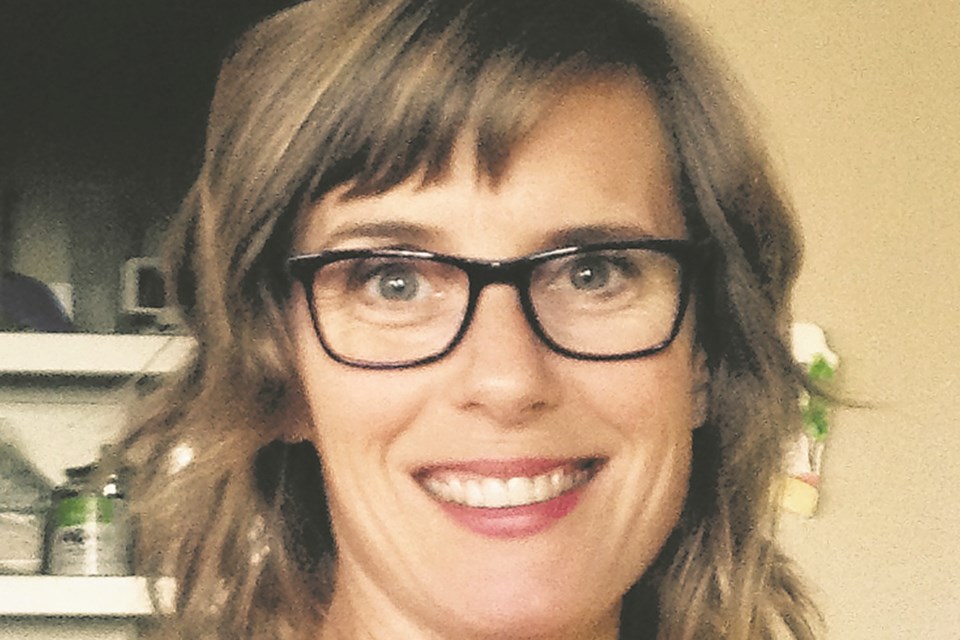Picture a rough-and-tumble four-year-old girl wearing a tattered and faded navy blue T-shirt with large white vinyl lettering which reads: “Everybody just hold hands.” This child, my youngest daughter, wore that T-shirt most days. It was soft and comfortable, and also presented a value which she embodies still as an 11-year-old. Parents and teachers comment that other children feel safe around her because she sidesteps the drama. She’ll call it out, if necessary, but generally speaking, she has no interest in it and no tolerance for it. She prefers to get down to the business of playing.
As we head into Christmas and the final months of year two with COVID-19, I hope more of us will take a page from her book. Many of us are weary, worn down by the pandemic and the many traumas we’ve endured during these two years. Whether it be strange and tumultuous weather, financial stress, death or illness of loved ones, we all seem to have been taxed heavily, of late. We are fragile and it’s showing.
I was interested to hear a speaker compare our pandemic experience to some of the elements of torture. Is that just drama? I explored some of these elements on the website: International Rehabilitation Council for Torture Victims. It states: “We depend on stable attachments to others for emotional sustenance and self-regulation … across a life span.” It goes on to list our adaptive systems and how we respond when those systems are unavailable to help us cope.
We need attachment. When we experience separation we feel anxiety, grief, and depression. Sound familiar? We have been socially distanced, hidden from each other by masks and deprived of gathering together for nearly two years.
We need security. Without it we experience uncertainty and loss of control leading to anxiety and hyper-vigilance. How insecure we feel with a contagious and sometimes deadly virus mutating and spreading widely. The unpredictable duration of this pandemic must also add to our pain. Hyper-vigilance increases our stress and amplifies our determination to find a sense of control, which in turn can alienate others. It’s a crummy cycle.
We also need to have a role, an identity. If this is removed through job loss or separation from others, we can experience a loss of social or occupational status, leaving us feeling powerless, shamed, and humiliated.
We need justice. An unjust situation such as a pandemic can result in arbitrary violence, hostility, bitterness, and resentment. These reactions can amplify our isolation and fear and stir up a toxic polarization.
We need existential meaning. When this is brought into question we can feel a loss of coherence, purpose, and hope for the future. We are left alienated, disengaged, and searching for meaning.
Humans thrive when we have a sense of belonging, value, and security. Feeling connected brings us stability and contentment. Feeling disconnected sets us off balance and into reactiveness, anxiety, and hostility — a recipe for drama.
This Christmas season a lot of ground could be gained if we do our individual best to be gentle with our depleted selves; to seek balance and connection. We can extend the resulting peace as kindness to others — a simple, yet precious gift. Let’s skip the divisiveness, reactivity, and hostility — that is, the drama — and (figuratively for now) everybody just hold hands.
Jill Cunningham grew up in St. Albert, has a Bachelor of Education from University of Alberta and is passionate about nature, the environment, and building community.



